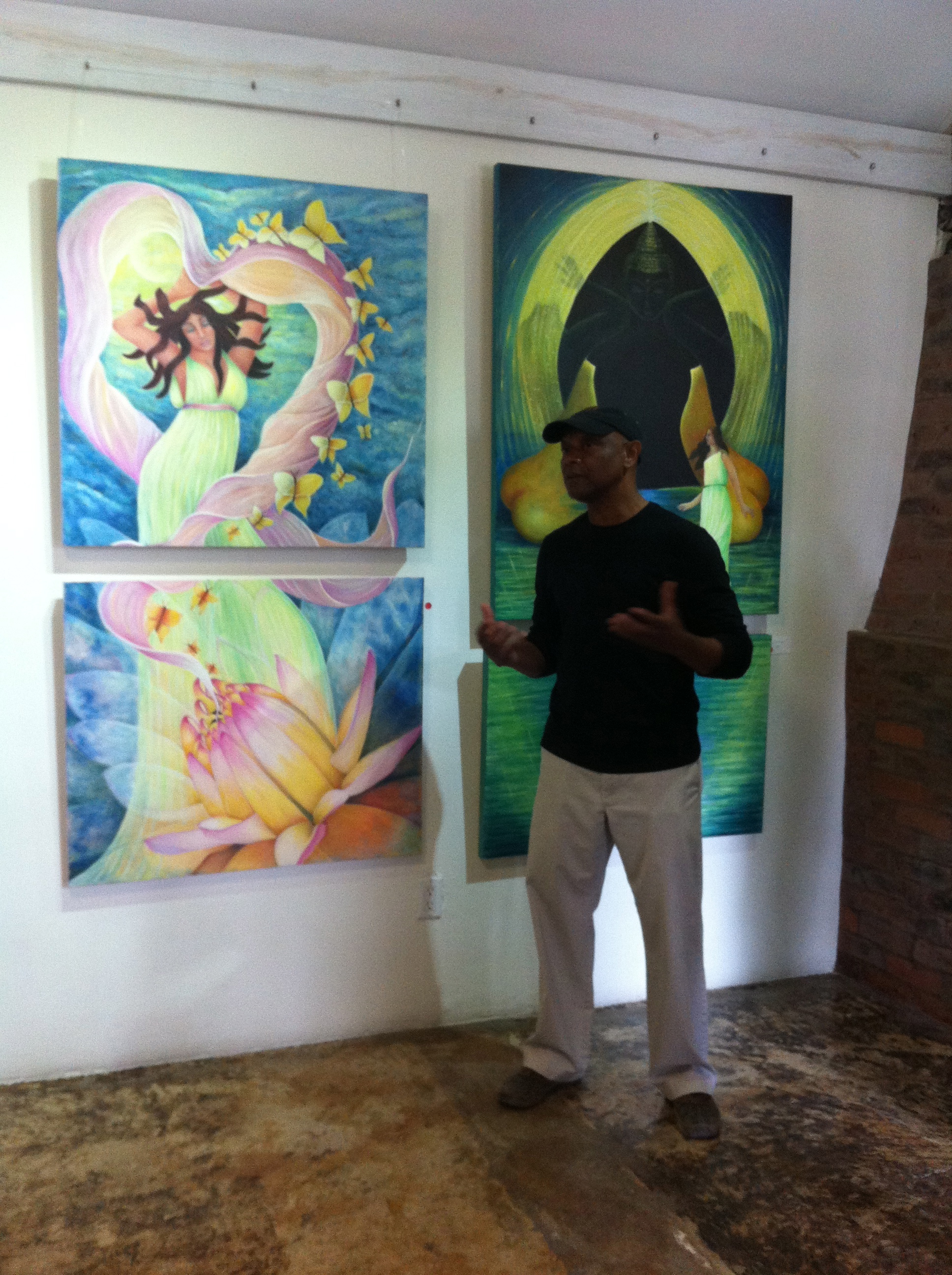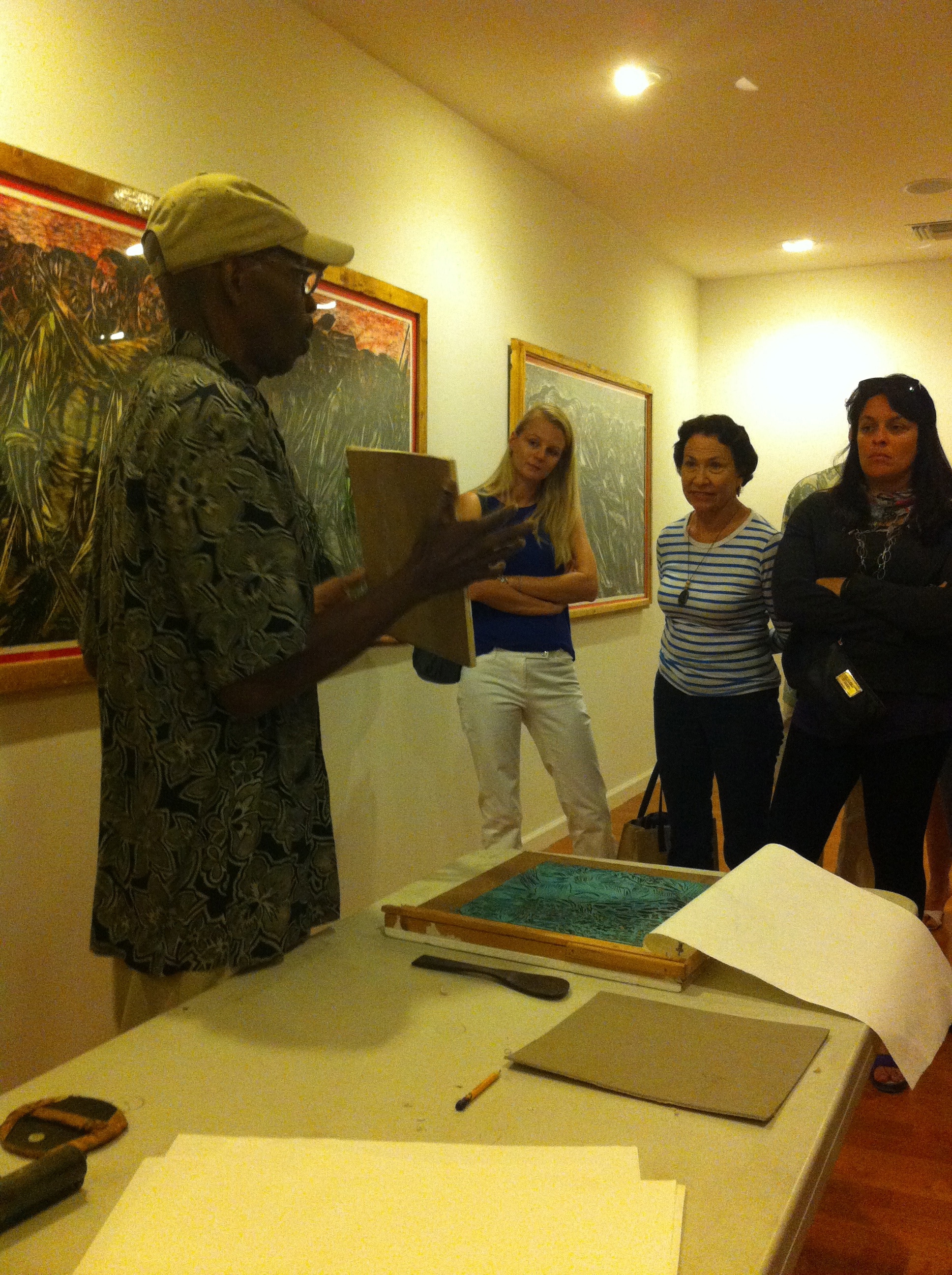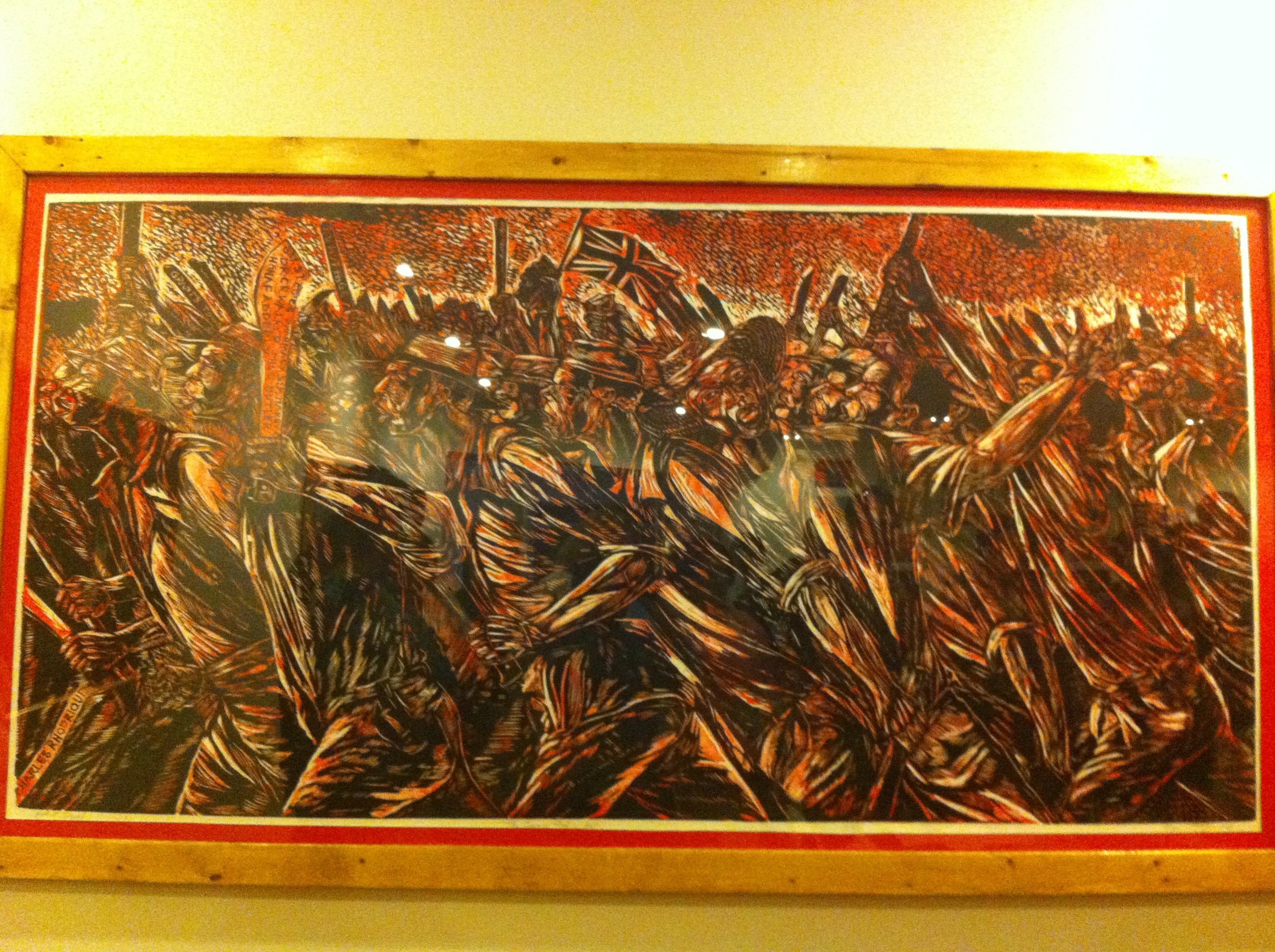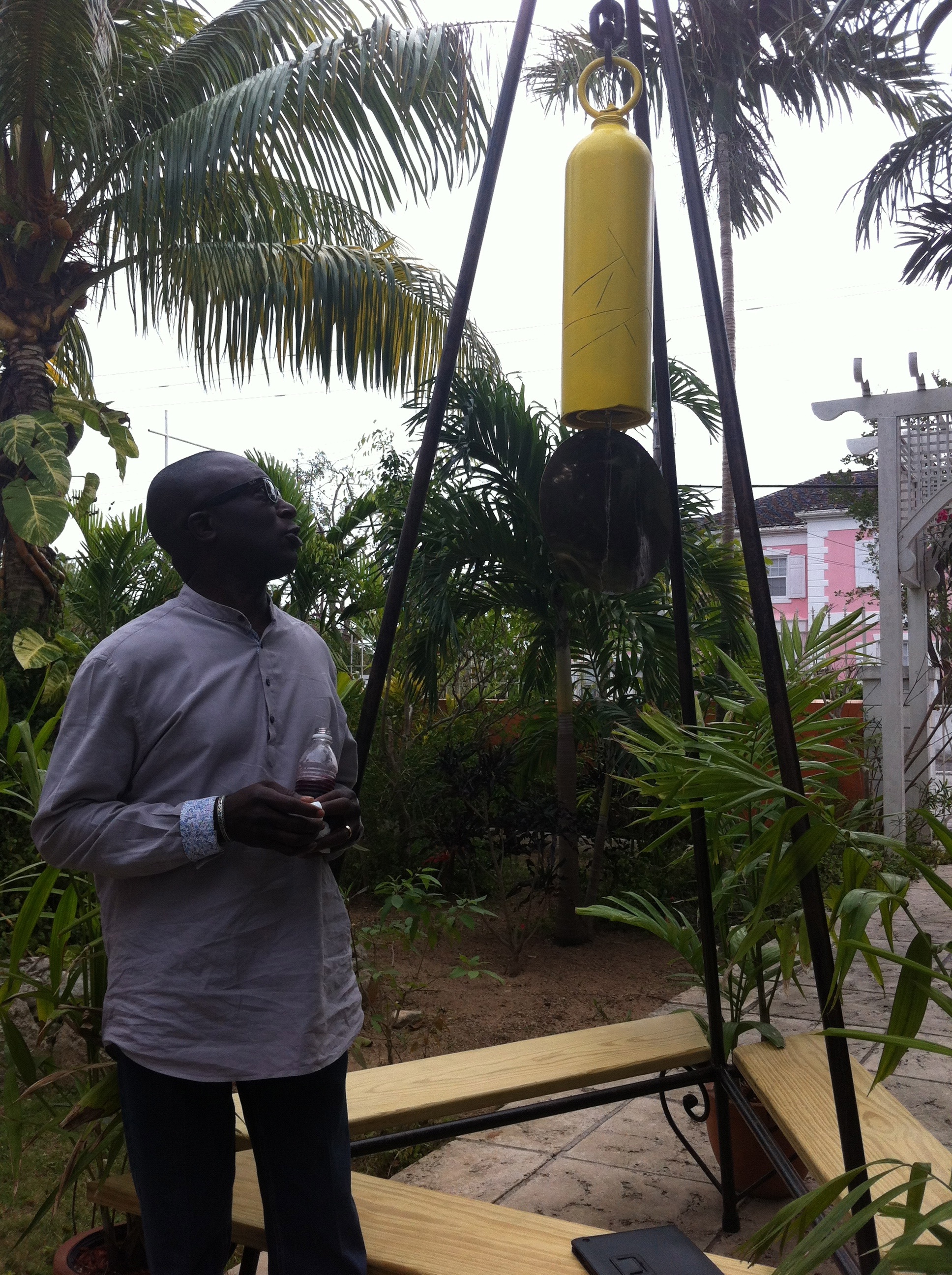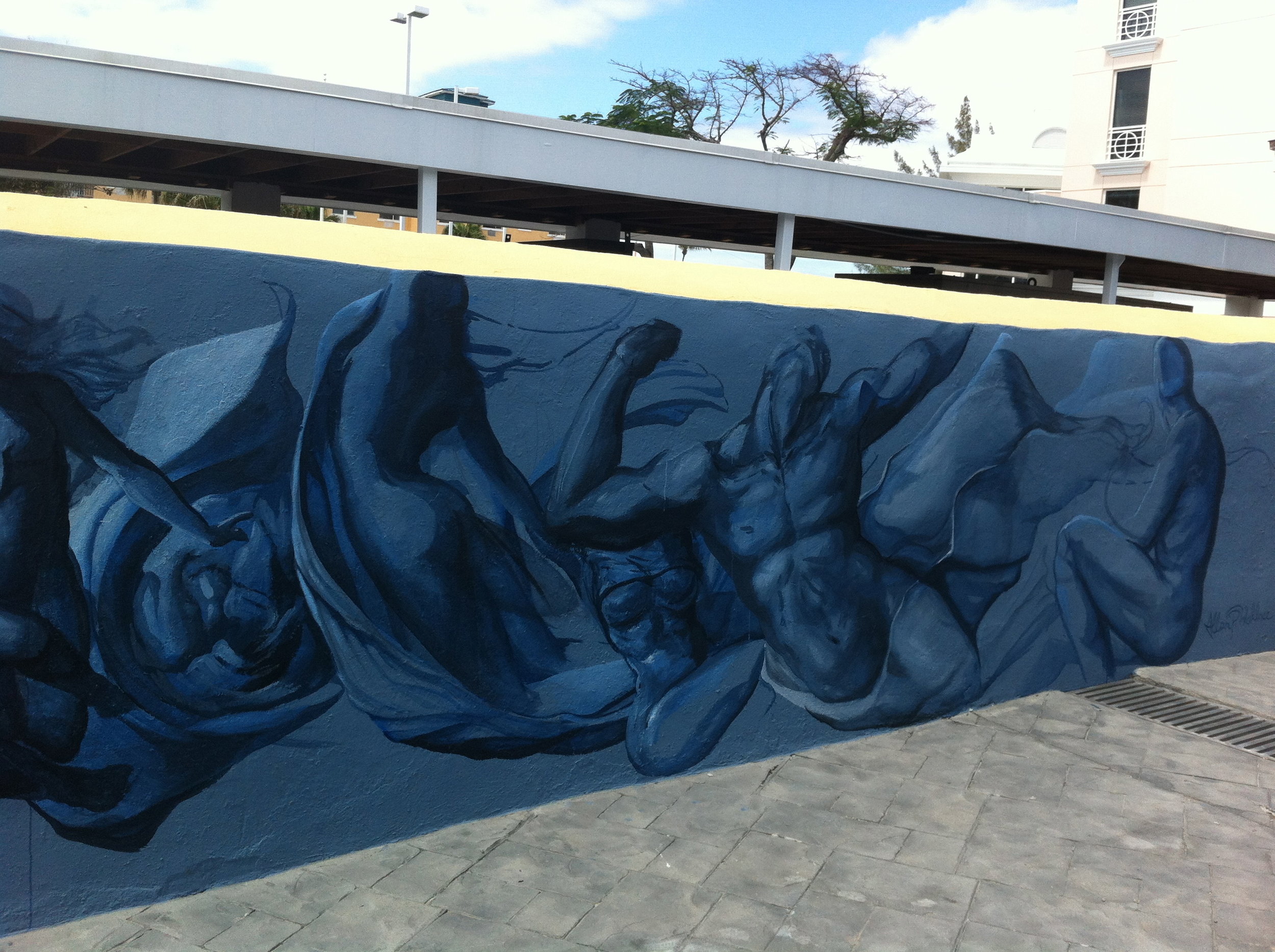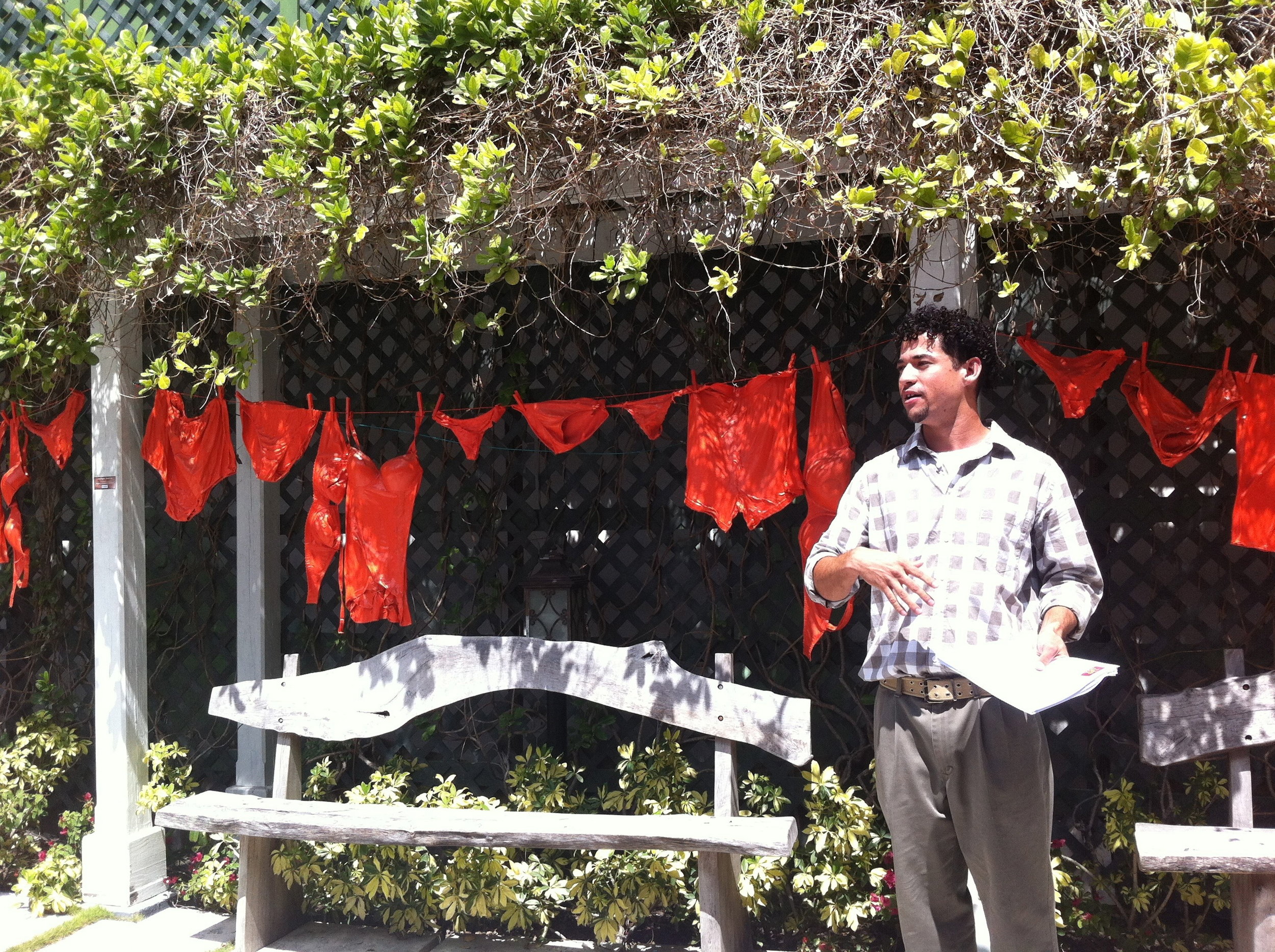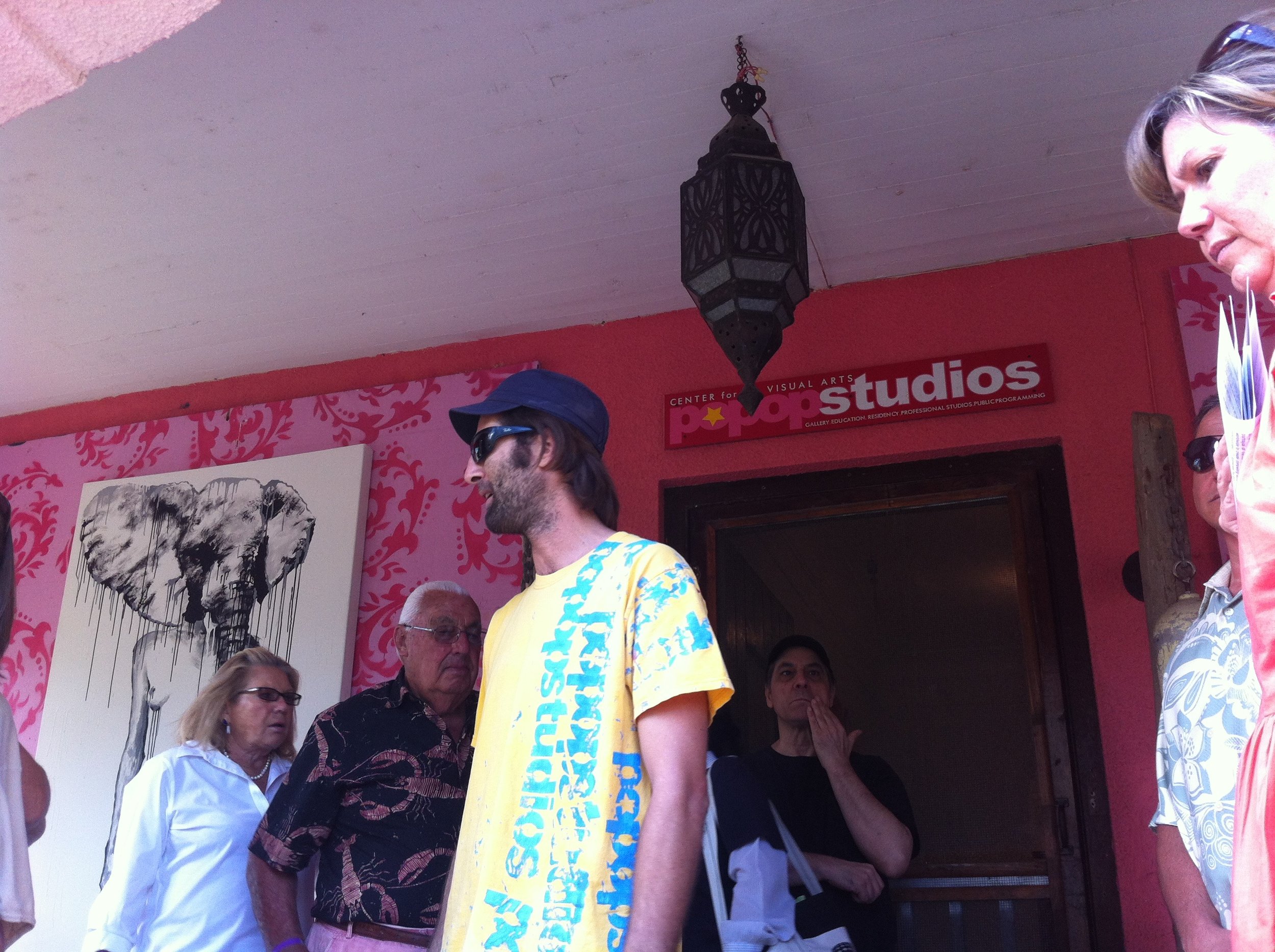Earlier this week, the Nassau Guardian featured the following in its business section:‘Accelerated push’ to collect real property taxes
WWW.THENASSAUGUARDIAN.COMThe government will mount an “accelerated push” this year to collect the more than $500 million owed in real property taxes and eliminate the policy discrepancies which lead to taxpayer “frustration”, Financial Secretary John Rolle said yesterday.
The Nassau Guardian: Accelerated Push.
I read the article with a mixture of hope and scepticism. The article, and the fundamental statement it reported, only barely address the critical need for reform in the government agencies that are responsible for revenue collection in this country. For over half a century we have subsisted—even flourished—with a state revenue collection scheme that was, in its own peculiar way, streamlined and relatively easy to administer. When you tax consumption over everything else, and collect that tax at the border, it's pretty easy to keep track. Our supplemental revenue streams (like real property tax) have been far less successful, with the result that, despite some six years of administrative bleating about collecting outstanding taxes, the general toothlessness of the exercise has made it very difficult for the government to show any real gains. And to a large extent, the problem is systemic.
Let me give you a personal example.
Three years ago, my mother died. In my immediate family, she was the last of her generation to do so. As a result, I became the owner of real property that I do not inhabit. This certainly did not happen overnight (the process of probating estates is far slower than that), but it did take place without overt intention on my part. It changed my status as a taxpayer in this nation.
I have to confess that I am still unclear about how that status changed. My obligations as a taxpayer quite simply passed me by; until the probate of my mother's estate, I didn't qualify as someone who had to pay real property tax, not being the owner of any potential income property, and in the year or so since that situation changed, I have had no notification about my new obligation to pay taxes on the property I have inherited. Even though the change in my property-owning status occurred just at the time that the government was in dire need of increasing its revenue, no one and nothing has been done to make it any clearer just what my obligations are in this regard.
I have to confess, I did not think that I needed to do very much to find out how my status was changing. After all, the process of probating the estate took a long enough time, with the documents in question passing through various government departments, and requiring a kind of assessment that, I imagined, would result in the end with a notice from some government agency informing me that I was now obliged to pay real property tax. Ideally, I imagined that the notice would come along with specifics: that this piece of property was liable to pay this amount of tax, and that one was liable to this amount. I imagined it because all through the period the estate was being probated I was hearing noises about the government's tax collection policies, the amnesty on real property, etc. I assumed, clearly naïvely, that somewhere, somehow, the real property office would have had something to do with the probate, would have noted that the property I was inheriting had changed hands, and would have made up the notice that I was imagining I might receive.
No notice came with the probate.
No notice came after it.
I have slowly come to the realization that it is entirely up to me as a new landowner, as the new possessor of property that is not owner-occupied to find out about, register, call for the assessment of, and pay taxes on the property I have inherited.
Something in me rises up in indignation about that. After all, it's not me who needs the money; it's the government whose bottom line is affected, and the government who should be making the effort at least to alert me that my status has changed, to make it easier for me to pay the tax I owe. I'm not saying that I want to withhold the taxes. On the contrary; I am one of those individuals whose salary is heavily subsidized by the taxpayers' money, and so it's in my own best interest to make sure taxes are paid. But I don't think that it should all be left up to me as the potential taxpayer to go to a government office to sign up to pay taxes. What sense does that make?
Am I wrong to raise this question? Should I be so very patriotic that I go out of my way, even pay a substantial sum out of my own pocket, to get the land surveyed so that I can produce the documents that, according to what I've looked up online, I have to submit with the registration form that I have to pick up or print out and deliver to the Real Property Tax Office? Something about this seems counterintuitive, especially as we live in a society where very few people go out of their way to pay for what they don't have to. Compare this state of affairs to that which obtained when I lived in Canada, where the government was the principal actor when it came to taxpaying, where the government made it its business to see that revenue was collected. There, I paid up front, and had to put effort in to get my rebates back. Here, it seems, it's the other way round.
Now consider this. I am the member of a generation that may be among the first large group of people who inherits the kind of real property that can be taxed. Our parents, who benefitted from Majority Rule in ways that were tangible and financial, became the first large group of private property owners. Their generation is slowly dying off, and we, their children, are inheriting their assets. We too are beneficiaries of the prosperity that followed Majority Rule, and so many of us are living in homes that belong to us. Some of us are fortunate enough to be living in homes that are above the tax threshold, but some of us are exempt. But as we inherit our parents' land, our status is changing too; we are becoming taxpayers. But too many of them, of us, are effectively "tax dodgers" because the system requires us to make the effort to find out what we owe, pay for the assessment on what we own, and begin to pay our property taxes. This in a climate where there is no clear avenue to finding out what we owe and when. This is a climate where there too little thought has been given to making it easy for those of us who are well-intentioned to meet our obligations. The government needs the money but the government is making very little legitimate effort to collect it.It's not as though this moment was unforeseeable. Indeed, this is a time when the government, if properly staffed and equipped by enough vision, should have been able to predict a spike in government revenue for the very reasons I outlined above. My generation, I realize now, should have been being prepared for this moment, the moment when we would begin to inherit non-owner-occupied property--or to begin to sell that property, converting it perhaps to ownership that falls into more lucrative tax brackets. But no; despite the bleating about amnesties and the rest of it, I have had to go to a non-governmental website to find out what exactly my personal obligations are. I remain unclear about them even now.
So it's no surprise to me that there are many people in positions of authority who are delinquent on paying their real property tax. I'm not talking about those who are deliberately avoiding their obligation; I'm not talking about the faceless, corrupt them who take, take, take and never give to our society. I'm talking about well-intentioned Bahamians, people who work hard to pay their bills, people who make their national insurance contributions for themselves and the people who work for them, people who pay down on their mortgages and their credit card debts and their electricity bills, people who pay their customs duties when they bring in merchandise that exceeds the allowable exemption. I'm talking about the working Bahamian middle class, the people who keep the economy going because they do pay their way in our society. These people, like me, may well intend to pay their real property tax, but may equally be daunted by the amount of effort that is required to begin to do so.There is something fundamentally wrong with a system that requires honest people to have to engage in detective work to find out what taxes to pay and how to pay them. And so I trust that this "accelerated push" announced this week will be far more than lip service. Because lip service is not what is needed now. What is needed, direly so, is the reform of a system that is unwilling to prosecute the dishonest and makes crooks even of the well-intentioned.






